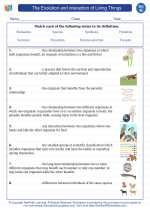What are Ectoparasites?
Ectoparasites are organisms that live on the external surface of a host organism and obtain their nourishment by feeding on the host's blood, skin, or other bodily fluids.
Types of Ectoparasites
Common types of ectoparasites include fleas, ticks, lice, and mites. Each of these parasites has specific adaptations for feeding on their hosts and can cause various health issues.
Life Cycle
Ectoparasites typically have complex life cycles that involve multiple stages, including egg, larva, nymph, and adult. Understanding the life cycle of ectoparasites is crucial for controlling and preventing infestations.
Health Impacts
Ectoparasites can cause skin irritation, itching, and discomfort for their hosts. In addition, some ectoparasites can transmit diseases such as Lyme disease (transmitted by ticks) and typhus (transmitted by fleas).
Prevention and Control
There are various methods for preventing and controlling ectoparasite infestations, including regular grooming of pets, use of insecticidal treatments, and maintaining clean living environments for animals and humans.
.◂Science Worksheets and Study Guides Eighth Grade. The Evolution and interaction of Living Things

 Worksheet/Answer key
Worksheet/Answer key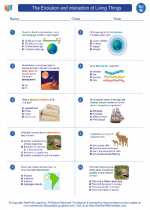
 Worksheet/Answer key
Worksheet/Answer key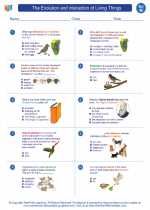
 Worksheet/Answer key
Worksheet/Answer key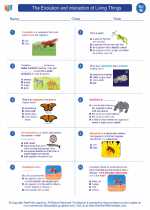
 Vocabulary/Answer key
Vocabulary/Answer key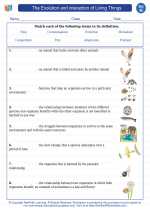
 Vocabulary/Answer key
Vocabulary/Answer key